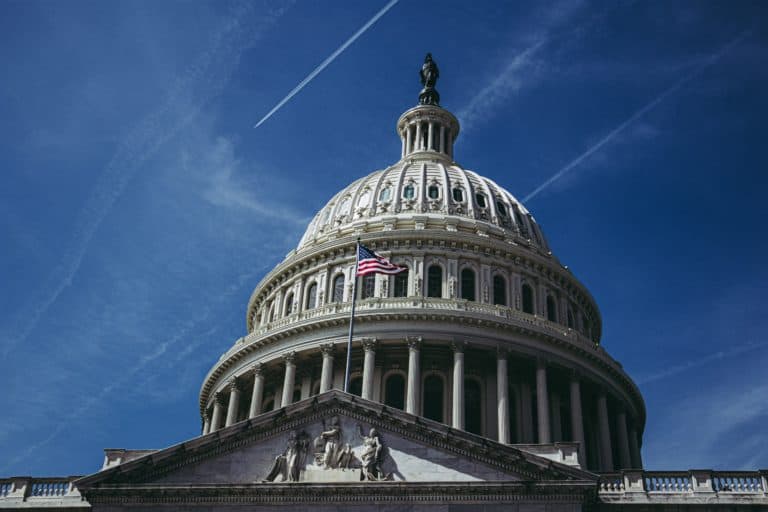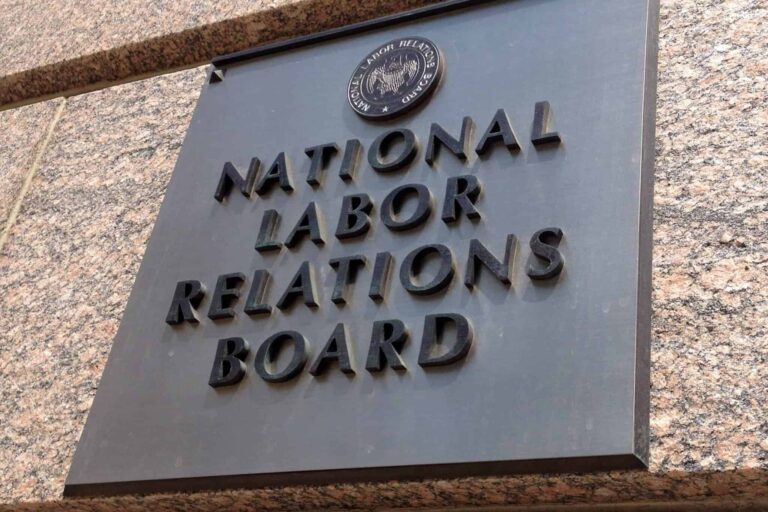
Benjamin Sachs is the Kestnbaum Professor of Labor and Industry at Harvard Law School and a leading expert in the field of labor law and labor relations. He is also faculty director of the Center for Labor and a Just Economy. Professor Sachs teaches courses in labor law, employment law, and law and social change, and his writing focuses on union organizing and unions in American politics. Prior to joining the Harvard faculty in 2008, Professor Sachs was the Joseph Goldstein Fellow at Yale Law School. From 2002-2006, he served as Assistant General Counsel of the Service Employees International Union (SEIU) in Washington, D.C. Professor Sachs graduated from Yale Law School in 1998, and served as a judicial law clerk to the Honorable Stephen Reinhardt of the United States Court of Appeals for the Ninth Circuit. His writing has appeared in the Harvard Law Review, the Yale Law Journal, the Columbia Law Review, the New York Times and elsewhere. Professor Sachs received the Yale Law School teaching award in 2007 and in 2013 received the Sacks-Freund Award for Teaching Excellence at Harvard Law School. He can be reached at [email protected].
We will have a full analysis of Cemex soon, but among the critical holdings in the (132 page) opinion is this one:
“We conclude that an employer confronted with a demand for recognition may, instead of agreeing to recognize the union, and without committing an 8(a)(5) violation, promptly file a petition pursuant to Section 9(c)(1)(B) to test the union’s majority support and/or challenge the appropriateness of the
unit or may await the processing of a petition previously filed by the union.
However, if the employer commits an unfair labor practice that requires setting aside the election, the petition (whether filed by the employer or the union) will be dismissed, and the employer will be subject to a remedial bargaining order.”
Put somewhat differently, under the rule announced in Cemex (and based on my initial read), an employer presented with a demand for card-check recognition may respond by promptly petitioning for a Board-conducted election. But, if the employer then commits an unfair labor practice that requires invalidating the results of that election, the employer doesn’t get a new election; it gets an order to recognize and bargain with the union. Hence, Cemex establishes a new and quite promising disincentive to employer unfair labor practices: the employer that commits ulp’s in the Cemex context (ones that warrant setting aside the election) must comply with the results of a card check.










Daily News & Commentary
Start your day with our roundup of the latest labor developments. See all
January 27
NYC's new delivery-app tipping law takes effect; 31,000 Kaiser Permanente nurses and healthcare workers go on strike; the NJ Appellate Division revives Atlantic City casino workers’ lawsuit challenging the state’s casino smoking exemption.
January 26
Unions mourn Alex Pretti, EEOC concentrates power, courts decide reach of EFAA.
January 25
Uber and Lyft face class actions against “women preference” matching, Virginia home healthcare workers push for a collective bargaining bill, and the NLRB launches a new intake protocol.
January 22
Hyundai’s labor union warns against the introduction of humanoid robots; Oregon and California trades unions take different paths to advocate for union jobs.
January 20
In today’s news and commentary, SEIU advocates for a wealth tax, the DOL gets a budget increase, and the NLRB struggles with its workforce. The SEIU United Healthcare Workers West is advancing a California ballot initiative to impose a one-time 5% tax on personal wealth above $1 billion, aiming to raise funds for the state’s […]
January 19
Department of Education pauses wage garnishment; Valero Energy announces layoffs; Labor Department wins back wages for healthcare workers.